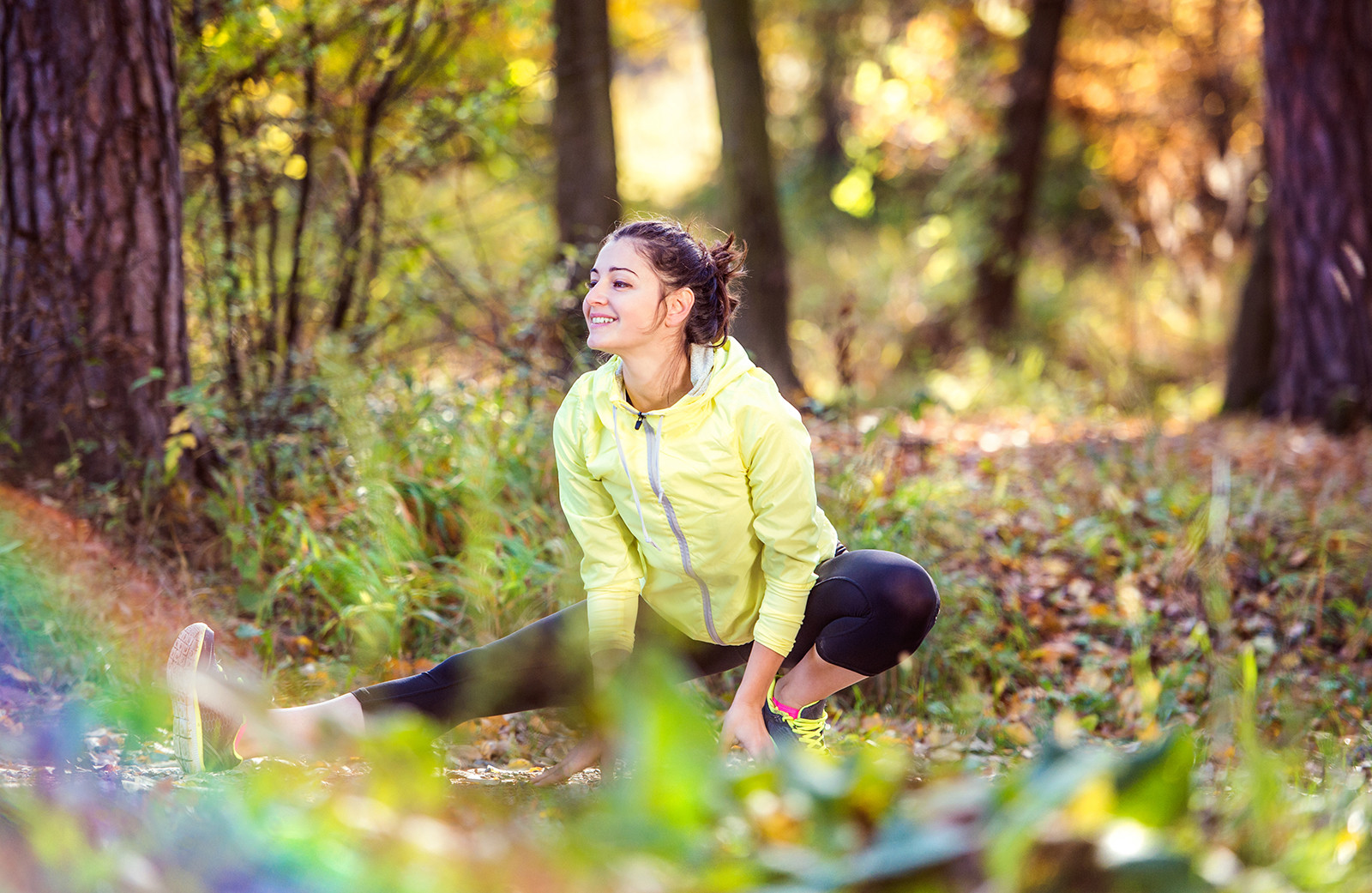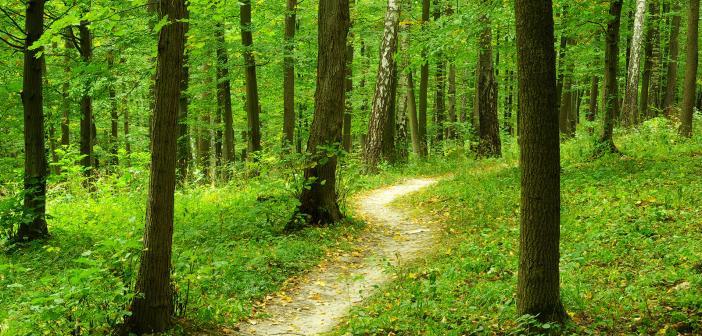Most of us relate to the notion that it simply ‘feels good’ to be in and around nature. Natural sights and sounds bring a sense of peace, rejuvenation and joy. They tend to help people better handle the many challenges of modern urban living – whether related to career, health or relationships.
The benefits we experience from these natural encounters can be difficult to explain in quantitative terms. Many of us however, find that understanding the ‘why’ helps us to squeeze every ounce of benefit from a given experience. That is what we intend to do here.
Whether you’re a nature lover curious to explain your passion, or someone looking to make the great outdoors a more significant part of your life, we think you’ll find some great information here. In this article we’ll highlight well established truths about the benefits of nature, as well as some undisputed, yet poorly-understood benefits. We’ll then provide a few tips on how to easily bring these benefits into your daily life.
What we know
Before delving into the more abstract benefits of outdoor life, let’s first look at what we know. A great deal of research has amassed over the years regarding the benefits of a lifestyle immersed in nature. Following are a few of the key points:
-
Vitamin D

Outdoor sun exposure promotes the production of vitamin D, which is essential to our health.
Though technically a hormone, around 90% of vitamin D is created by the body itself rather than from diet. It’s the contact of sun on skin that produces cholecalciferol; the first of several forms of vitamin D that are transformed to become active in our bodies.
We know that sufficient levels of vitamin D are critical in regulating calcium and ultimately in maintaining good bone health. Studies are beginning to find however, that vitamin D may play an even greater role in our health, possibly helping prevent conditions like diabetes, multiple sclerosis, heart health, and even some cancers.
What’s more, we now know that excess vitamin D produced during summer months is stored in fat cells for release during winter months. As if a little sun exposure isn’t enjoyable enough, it’s an added bonus to know we are helping our bodies prepare for a long and healthy winter ahead!
-
Eye health
You might not intuitively link nature exposure with healthy eyes, but there are several reasons to reconsider. The first is that exposure to nature can relieve and prevent the development of Computer Vision Syndrome (CVS). If you experience eye pain and strain from countless hours at the computer, you could be in this basket. By changing your focal point to distant objects however, you can help relieve many symptoms associated with CVS. An afternoon hike with sweeping views could be your ticket to relief.
Some evidence has emerged suggesting that the quality of light matters too. Artificial light, such as that emitted by phones and office lights, has been linked to a myriad of eye issues. The high frequency (and usually unnoticeable) flickering of these lights alone can contribute to many eye issues. A little time in natural light however, can have a powerful counteracting effect. The eyes contain a variety of receptors that regulate many systems of the body. Like any other part of the body, using them keeps them strong and active.
Interestingly, there’s also evidence showing that natural light helps to establish the eye geometry needed for healthy vision in children. This could be a great reason to get the whole family out and about.
-
Exercise and sleep
While it’s no surprise that exercise is great for our overall health, doing it outside may come with some unexpected benefits. Yes, exercise will help encourage sleep, but exposure to natural light will also help to dial-in your circadian rhythm. As mentioned above, the many receptors located in the eye are to thank for this. Exposure to sun gives your body a nice little clock calibration, so that it knows when it’s time to wake and, more importantly, when it’s time to sleep. Help your body help you, by getting outside.
Intuitive benefits
While the benefits above are quantifiable and well established, a number of other subjective yet powerful effects may also be at play. With studies beginning to look at these effects in depth, we may soon better understand them.
-
Natural sound
It’s somewhat intuitive that the cadence of bird songs can have a positive impact on our state of mind. Some people report a reduction in stress and tension, while others feel an improvement in mood and attention. Interestingly, studies have not yet been able to pinpoint why. While this may soon change, it’s thought that they may produce a sense of spaciousness, and, like natural light, could positively influence our circadian rhythms.
One early study even claims to have shown a link between ocean sounds and a reduction in muscle tension, heart rate and stress. Again, we can all relate to the relaxing sensation of lying on the beach, but now we may be closer to understanding why. One theory suggests the brain craves sensory input, and the subtle white noise of natural environments tends to fulfill this craving. The brain, no longer needing to create it’s own stimulation, can then relax and rejuvenate.
-
Grounding
People have long reported the positive impact of ‘grounding’ on the human body. The concept has only recently found traction in the scientific world. We’ve discussed grounding previously in our articles on Squatting and Barefoot Living. It certainly warrants another mention here, as the healing effect on our bodies may be profound.
Proponents of grounding suggest that being in direct contact with the earth allows the body to become electrically balanced. Walking barefoot in sand for example, allows excess positive ions in the body to drain through the feet. This action is reported to assist in reducing inflammation and preventing the development of a variety of nasty conditions.
-
Electromagnetic frequency
Perhaps most interesting is the likely connection between the earth’s electromagnetic field and the human body. The Schumann Resonances describe certain peak frequencies that occur in the earth’s electromagnetic field. One particular frequency – 7.84Hz – may in fact correspond with relaxed-state brainwaves, as well as the natural resonance of the body’s internal cavities. Could exposure to nature cause a coherence in these frequencies? And could this explain the euphoric feeling described by many when immersed in nature?
Tips to reconnect with nature

Trips into nature don’t always have to be big ones.
Most of us agree that we’d love to integrate frequent nature trips into our lives. While our busy schedules often make this difficult, there is much we can do to achieve this balance. It just takes a little discipline, planning and creativity. Following are a few tips to help maintain the healing presence of nature in your life:
-
Simulate nature
If you’re looking to bring nature home with you, or simply don’t have the time to get out, simulation may be a good option. One of the most accessible ways to do this is to listen to nature sounds in digital form. These days, nature sounds can be easily streamed online (like this one on youtube). Who knew your kitchen could so easily mimic the amazonian rainforests while you prepare dinner? Or, perhaps you’d enjoy the soothing sounds of a thunderstorm while you fall asleep. Get creative, and bring nature to you.
-
Find your secret spot
Some find it comforting to establish their very own corner in nature away from urban distractions. It could be a quiet space in a park, or a more remote location in a place that you resonate with. Whatever you choose, having a special place to connect with nature can be very healing. Even if your visits are rare, simply knowing your space exists can help connect you with it’s power.
-
Visualize
The imagination is a powerful thing. Take time in the morning or before bed to take part in a short meditation. For 15 minutes, simply visualize yourself sitting in your secret spot. Recall how it looks, smells and sounds to sit in this place. For an added challenge, visualize roots extending from your body deep into the earth. This simple exercise will help you feel grounded and connected with nature.
-
Plan small
Trips into nature don’t always have to be big ones. If possible, plan small weekly trips that easily fit into your schedule. Perhaps it’s as simple as a barefoot beach walk, or a jog through your favourite park. Make it a ritual that’s exciting and easy. Knowing you have this weekly practice will begin building an innate sense that you are connected with the earth.
-
Plan big
Every now and then it’s exciting to really get out there. Plan a major trip once or twice a year to a natural location of your choosing. Perhaps it’s a national park, or simply a road trip through a beautiful area. While important to have something to look forward to, the effort and planning involved in such a trip can also have a profound impact on your day-to-day outlook. It’s almost as if these practices slowly create a lasting inner belief that you are at one with nature. So, do some research, and plan big!
